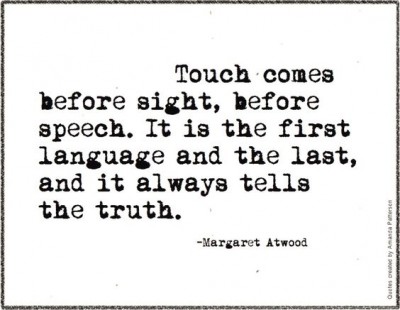 The rapid pace of our aging world is changing the face of every facet of our society from health and long term care, to faith communities and business establishments. Across the spectrum, issues such as these are at the forefront of leadership discussions:
The rapid pace of our aging world is changing the face of every facet of our society from health and long term care, to faith communities and business establishments. Across the spectrum, issues such as these are at the forefront of leadership discussions:
- Dementia friendly hospitals – how do we transition as the average patient age increases and cognitive impairment becomes more prevalent
- Person and Resident-centered long term care – how do we properly train the current workforce and prepare for the shortage that is already upon us and certain to become even more severe in the near future?
- Families caring for older adults make up the largest percentage of caregivers in the US and the world. How do we educate, support and provide resources to help them cope with the physical, financial, emotional and spiritual challenges of the caregiving journey?
- Faith Communities are faced with ministering and caring for their skyrocketing numbers of aging adults, yet often lack the training, staff and volunteers to meet the complex needs of their members and families. How do they receive guidance and training to help them further their ministry and mission in helping those in need?
- Age friendly communities, businesses and organizations must have a plan and guidance to successfully meet changing demographics. Who can help with better understanding the needs of older adults?
Aging educators and trainers work with long term care providers, hospitals, the business community, families, faith communities, and public agencies. They are trained in a variety of aging and caregiver topics, whether one is a professional or family care partner, business person who serves an older adult population, or serves either of these groups with public resources. We call them AGE-u-caters and they are part of our team at the AGE-u-cate® Training Institute!
AGE-u-caters are seasoned professionals in the aging field, coming from the senior care industry, clinicians, social work or education. All have a passion to help others by using their skills to train, educators and coach others. Often they are looking for a career change, recently retired from long term regular employment, or supplementing retirement income or other part time work.
AGE-u-caters are networkers, involved in their communities and continually learning about the aging field. They are part of a fast growing worldwide network aging advocates in their local and regional communities.
The world needs more AGE-u-caters! Could you be one of them?
Pam Brandon is President and Founder of AGE-u-cate® Training Institute. She is a passionate advocate for aging adults and those that care for them and is leading a fast growing network of worldwide AGE-u-caters who offer innovative and powerful training and education programs – creating transformative change for an aging world!
 I’m always energized after attending and speaking at conferences. Learning about creative programming, new technologies being developed and how we are preparing for the next wave of seniors makes me even more excited about our future as a training and education provider. To be in the senior care industry today means adventure at every corner!
I’m always energized after attending and speaking at conferences. Learning about creative programming, new technologies being developed and how we are preparing for the next wave of seniors makes me even more excited about our future as a training and education provider. To be in the senior care industry today means adventure at every corner! Touch is one of our most fundamental needs.
Touch is one of our most fundamental needs.